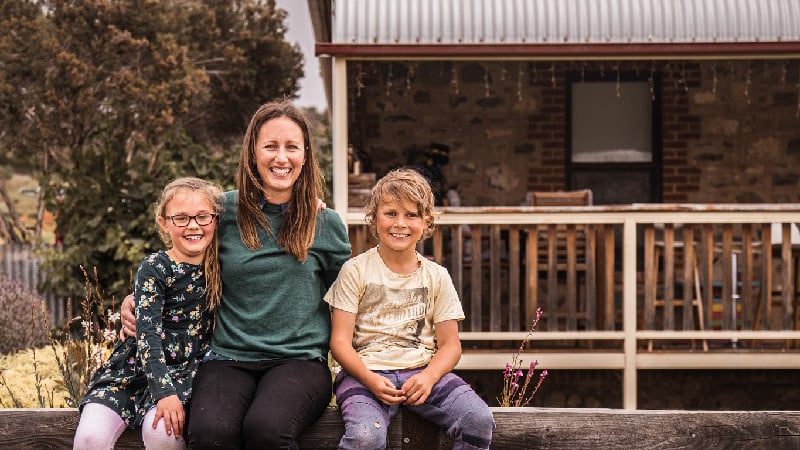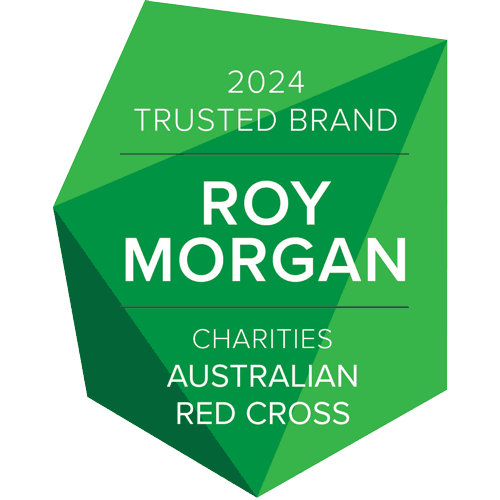Hear what the research tells us about adult relationships, family roles and children’s experience through droughts, alongside practical tips on how to support children as well as adult relationships.
Speakers:
Dr. Margaret Alston is a Professor at the School of Humanities and Social Science at Newcastle University. She has a focus on rurality and gender and has published widely in the field of gender and disasters, social work and rural social issues.
Stephanie Schmidt is a Clinical Psychologist and Farmer who combines her psychological knowledge with her lived experience of farming life to provide easy to understand strategies to improve health and wellbeing. Steph recently won the 2020 Agrifutures Rural Woman's Award for South Australia.
Dr. Margaret Nixon has over 20 years experience in education and research in the field of children’s mental health, wellbeing and trauma. She is currently a senior trauma specialist at Australian Child and Adolescent Trauma, Loss and Grief Network (ACATLGN) at the ANU Medical School.
10-11.15am Wednesday 29 July
Emerging Minds: drought resources list
Webinar presentation




